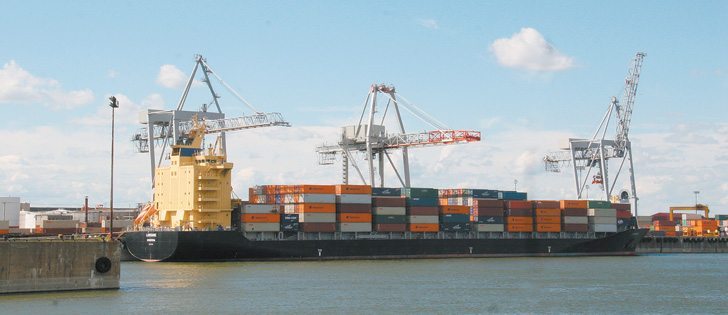Sometimes, it takes new events to reinforce an old truth: adequate and affordable food is a necessary base for any functioning society.
All those academics and consumers and politicians who take today’s abundance of food in Canada for granted should reflect on this truism that has been a key precept of political understanding for millennia.
When Syrian-based researcher Mahmoud Solh analyzed the Middle East uprisings that have overthrown and threatened dictatorships across the region during the past year, the so-called Arab Spring, he concluded that food insecurity was a key factor.
Read Also

Farmer ownership cannot be seen as a guarantee for success
It’s a powerful movement when people band together to form co-ops and credit unions, but member ownership is no guarantee of success.
The Middle East and North Africa are the most food import-dependent regions in the world. Wheat is a particularly key import commodity in a region where bread is a key dietary ingredient.
And the societies are replete with educated young people with few job prospects, significant resentment, dictatorial government and lack of freedom and opportunity.
So when food prices spiked in 2008, a boon for exporting farmers but a bane for poor importers, there was an explosion.
Unprecedented riots broke out in Tunisia, Egypt, Morocco and Yemen. Dictators began to topple and the revolution virus spread to sweep into Syria and surrounding countries.
A Cornell University study concluded that food insecurity contributes to conflict “and is most likely to trigger conflict in situations where other grievances already exist.”
But it often takes food shortages or over-the-top food prices to trigger the resentment that triggers a revolution.
There is nothing new here. It’s just that food-rich Canada often forgets that abundant food is not a right, not a given.
In historical terms, it is not long since the Depression and the Dust Bowl reduced the Prairies to a food-deficient region gratefully accepting salt cod shipments from Atlantic Canada.
In historical terms, it is not that long since post-war Europe depended on food aid because its agricultural sector had been devastated.
Neglect of agricultural investment across Africa has helped lead to the current continental food insecurity crisis.
The point is that food abundance is never a permanent position, no matter how surreal it seems to imagine it gone in a country like Canada.
But neglect of the agricultural sector can do that.
In Ontario, farm leaders bemoan the sharp decline in farmland as cities expand, shown by the recent census.
On the Prairies, some climate scientists warn that the cycle of food surplus and an export economy likely will be affected by climate change developments.
There are no guarantees.
More than a century ago, legendary American politician, lawyer and evolution-denier William Jennings Bryan famously said: “Burn down your cities and leave our farms, and your cities will spring up again as if by magic; but destroy our farms and the grass will grow in the streets of every city in the nation.”
That obviously is not an imminent threat in this blesséd nation, though hundreds of thousands of Canadians use food banks every year in the midst of plenty.
But the connection between food insecurity and political change is not a message that should be lost on anyone.














